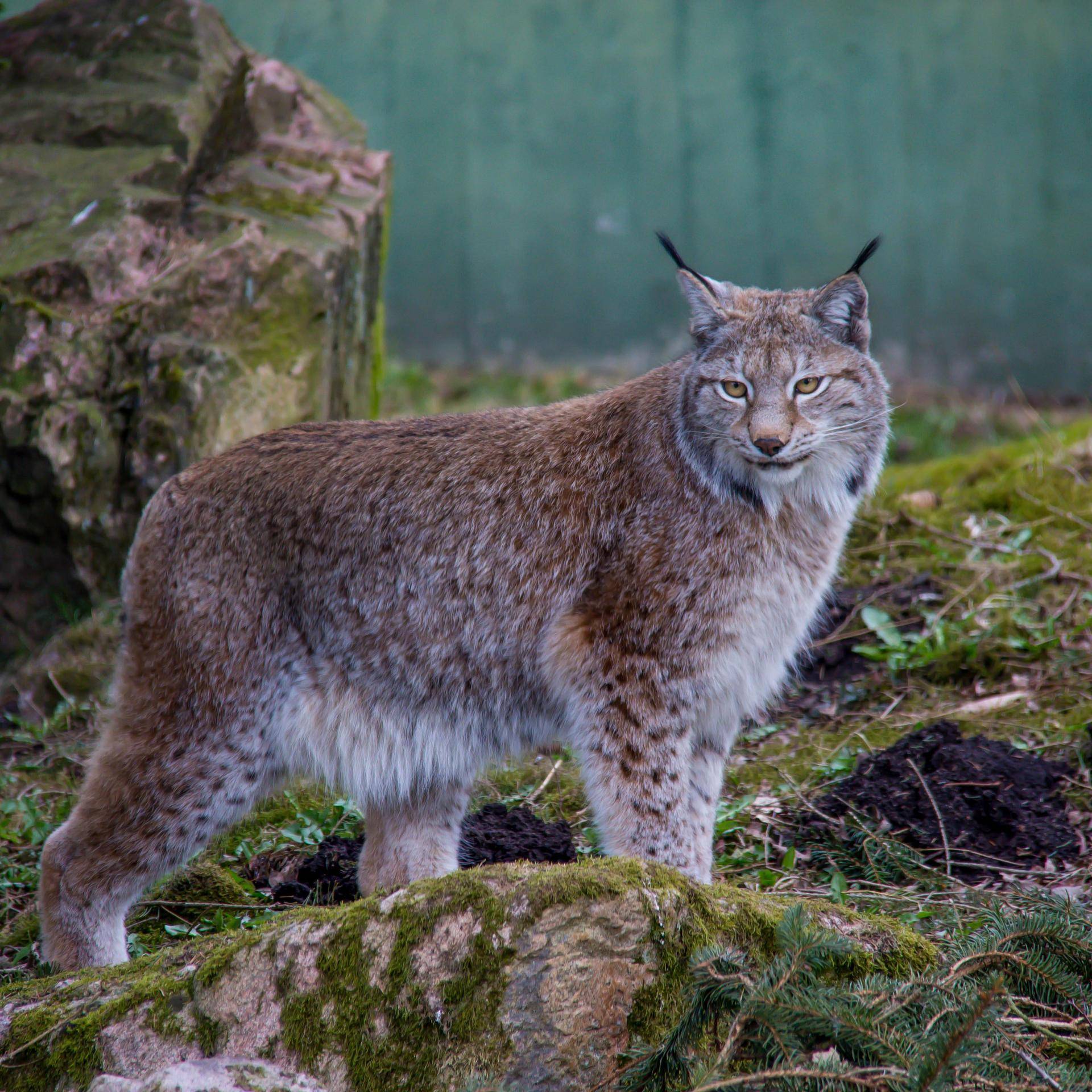Forests in Cumbria and across the rest of the UK could once again be home to lynx as a new initiative is being put forward.
Lynx are a native animal of the UK but were hunted to extinction between 500-700AD. Now, The Lynx Trust is putting forward a plan to reintroduce the lynx as part of a five-year trial in forests in Cumbria, Aberdeenshire, Norfolk, Northumberland and Argyll & Bute.
The initiative could see lynx being reintroduced to forests in Britain as soon as this year. Wildlife experts have said that the plans could boost the ecology and tourism in these areas as people would come and stay in Ambleside cottages in the Lake District to try and see these big cats.
The International Business Times quotes Dr Paul O’Donoghue, who is co-ordinating the trial, as he believes the reintroduction of lynx could bring in millions through eco-tourism.
He added, They promote forest regeneration. In the UK, forests are dying. There’s no regeneration of younger trees coming through because of the massive overpopulation of deer.
Lynx will help to both control and move deer around, which will promote forest regeneration.
Lynx could be reintroduced by end of 2016
The Lynx Trust has revealed that they are hoping to receive a licence to release the big cat into the likes of Cumbria by the end of 2016. Two areas have been approved as suitable for three male and three female lynx to make dens.
The trust has said that lynx do not pose any danger to humans and that similar reintroductions in countries in Europe have been a success, however farmers are concerned about the potential loss of sheep and lambs if the big cats are to be rehomed back into the UK.
Andrew Bauer, deputy director of policy at the National Farmers Union of Scotland, said, Alongside trumpeting the benefits, those who advocate lynx reintroduction should be up front about the potential impacts on Scotland’s hugely important sheep farming industry and the potentially very significant cost to the public purse.
According to The Lynx Trust, the big cats eat a wide range of prey but roe deer are their favourite food, followed by game birds, rabbits and occasionally sheep.
To address safety concerns the cats will be fitted with GPS collars, but before you book your Lake District cottages in anticipation of seeing these animals, the final decision about whether the trial will go ahead will lie with Natural England and the Scottish Natural Heritage.
Image Credit: Susanne Nilsson (flickr.com)
